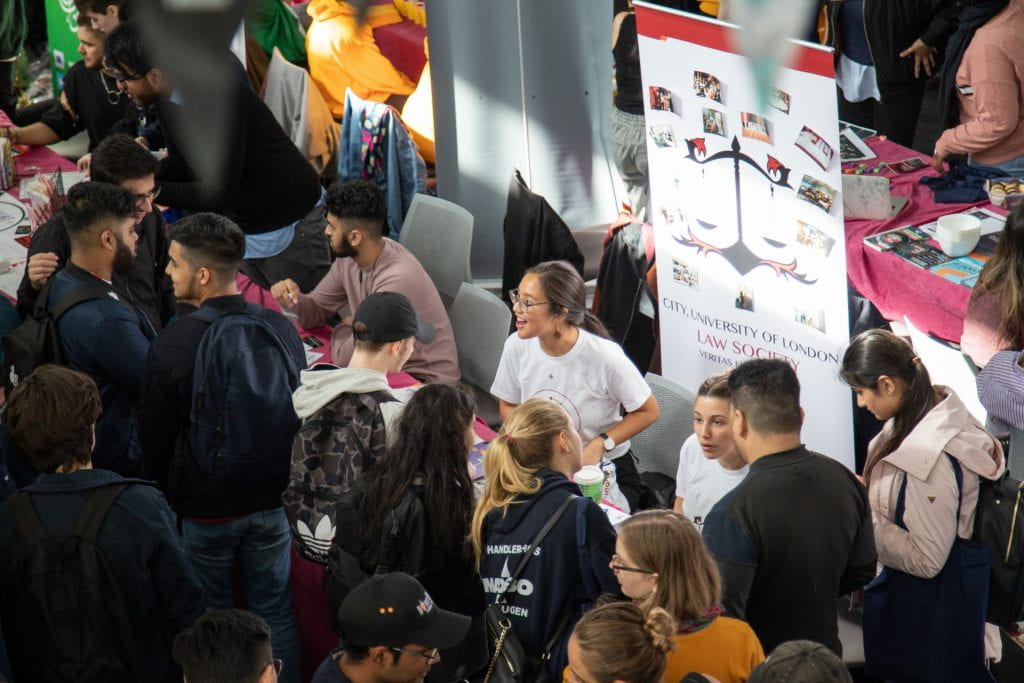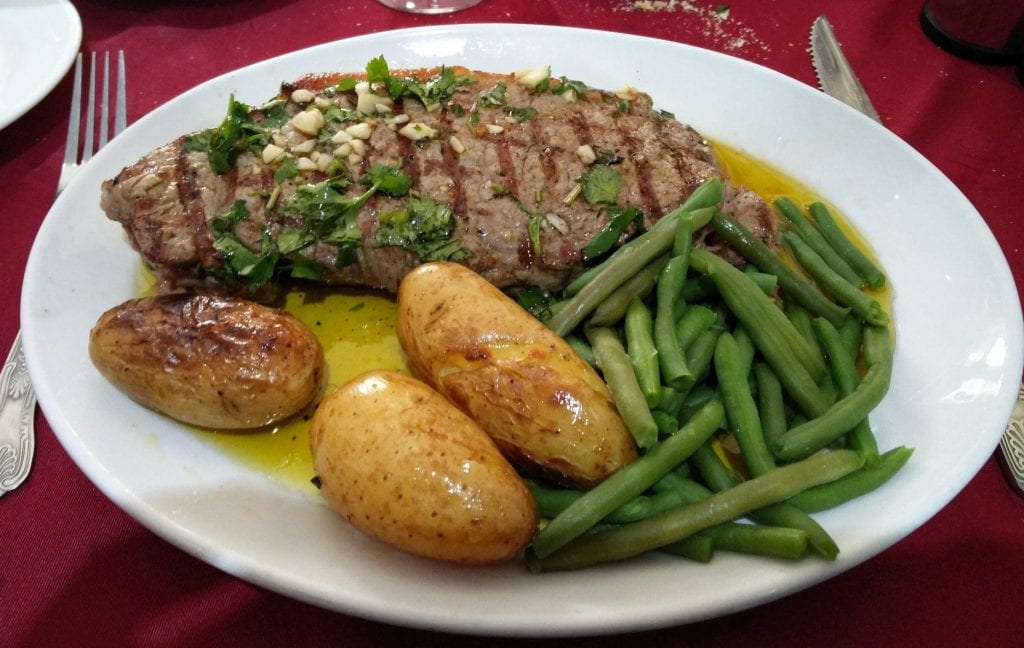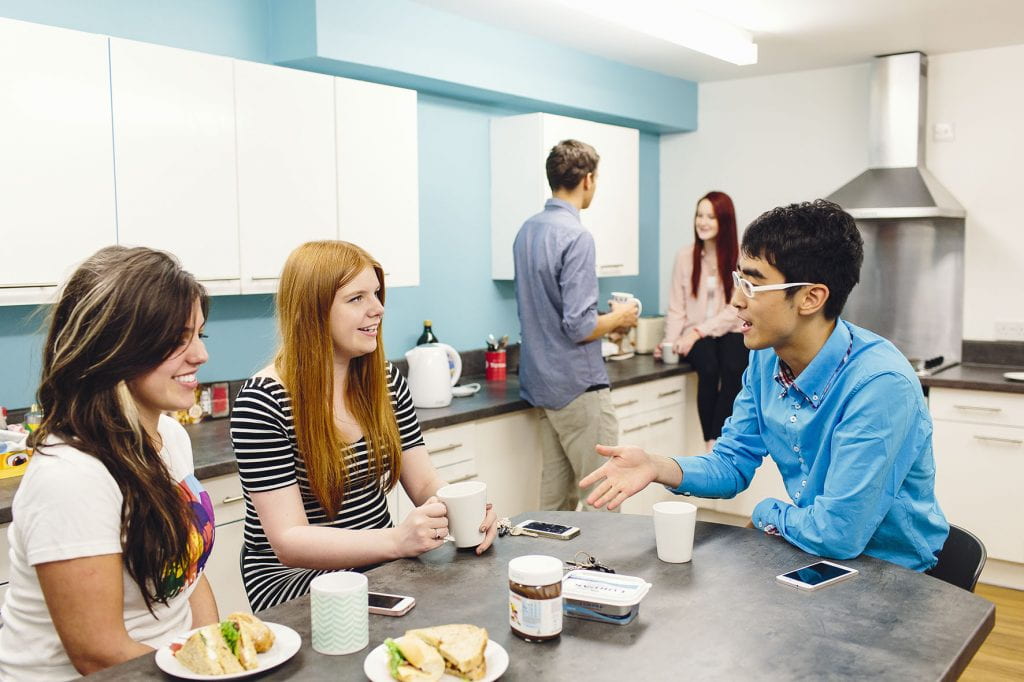Law graduates and undergraduates face intense competition when applying for pupillages, training contracts and the like, as the requirements for legal work experience have become a necessity as well as a spot-on addition to any résumé.
Without any further delays, let me share some useful advice regarding legal work and volunteering experiences. Some of these are based off my own experiences from studying my LLB (Hons) at City, University of London.
Apply for a Micro-placements programme
City’s micro-placements programme offers excellent opportunities for Law students to gain legal work experience. The programme has been designed for students who want to explore careers different from those traditionally associated with their degree. The initiative is an exciting way to gain professional experience via short summer placements with a wide-range of London-based employers.
Bare in mind, while there are legal internships and micro-placements available, these would not be undertaken within the actual legal sector, however there are many opportunities to gain invaluable experience from the in-house legal team within your selected company.
Attend job fairs
Job fairs are perfect for making connections and finding job opportunities. I highly recommend attending the following fairs:
- Law & Social Sciences Fair: Hosted in mid-October, Law students at any stage of their education are eligible to attend the fair and I would urge every Law student to attend. The weekly University e-newsletters sent to students often promote such fairs so look out for them.
- Graduate jobs fair: Held on campus in June, this event is an opportunity to meet recruiters from all types of industries and find out about, or even apply for, graduate schemes, immediate roles, internships, and volunteering opportunities. While the event is open to students studying all types of courses, there are a considerable number of law-firms’ recruiters in attendance. Don’t be thrown off by the name of the event, undergrads are welcomed too – I first attended the fair after completing my first year.
Join a law society
I cannot stress the importance of joining a law society at the University. While there are many great societies available for City students, I recommend the following:
- The Law Society is one of the greatest societies at City, at least with regards to the number of memberships. The society regularly organises workshops for students, career opportunities, seminars, shares the latest news and offers advice.
- Pro Bono Society host various types of social and professional events, they also provide members with multiple professional opportunities, including both internal Pro Bono work as well as external volunteering options.
Join an Inn of Court
I would highly recommend submitting an application and attaining a membership of one of the following Inns of court: Gray’s Inn, Lincoln’s Inn, Inner Temple and Middle Temple. Please be aware that once you become a member, it is not possible to alter your decision and transfer to one of the other Inns, so choose carefully to avoid any kind of disappointment in the future.
For those of you who are intending to qualify as a barrister, it is a mandatory requirement to be a member of an Inn prior to the commencement of your BPTC (Bar Professional Training Course). Having said that, I would advise each and every law student at any stage of their degree to become a member, even if you are planning to take the solicitor’s route.
There are quite a few benefits of getting a membership; networking opportunities, scholarships opportunities, and access to a spectacular library, among others.
Volunteer for Free Representation Unit
Free Representation Unit (FRU) provides free voluntary representation for tribunals in cases where legal aid is unavailable, by helping clients – who do not have any means to pay – with advice, preparation, and representation at social security, employment, disability appeals tribunals, and at the criminal injuries compensation boards and panels.
Volunteering is a great way for those aiming to sit the bar and for future solicitors to gain experience in being a representative, speaking in court, and managing preparatory work before trials.
Eligibility to participate:
- For employment tribunals you must be studying for the LLM, BPTC, LPC, or in your second term of GDL.
- Third year LLB and GDL students are eligible to volunteer for social security tribunals .
- You must have experience in Social Security representation if you are interested in volunteering for criminal injuries compensation tribunals.
City volunteering also has great opportunities to expand your skills and experiences. Register and look for law volunteering opportunities!






















